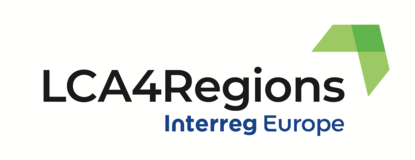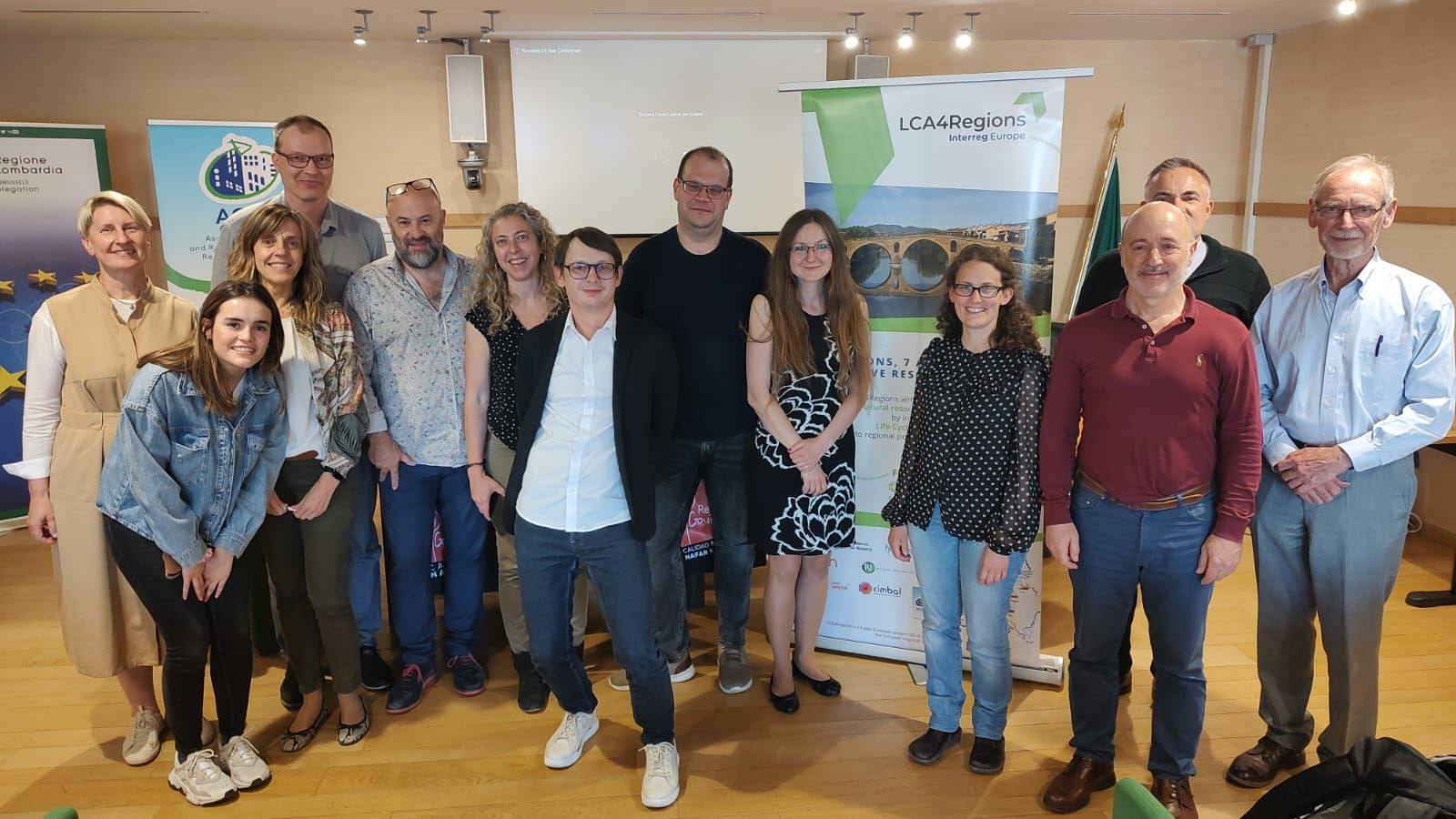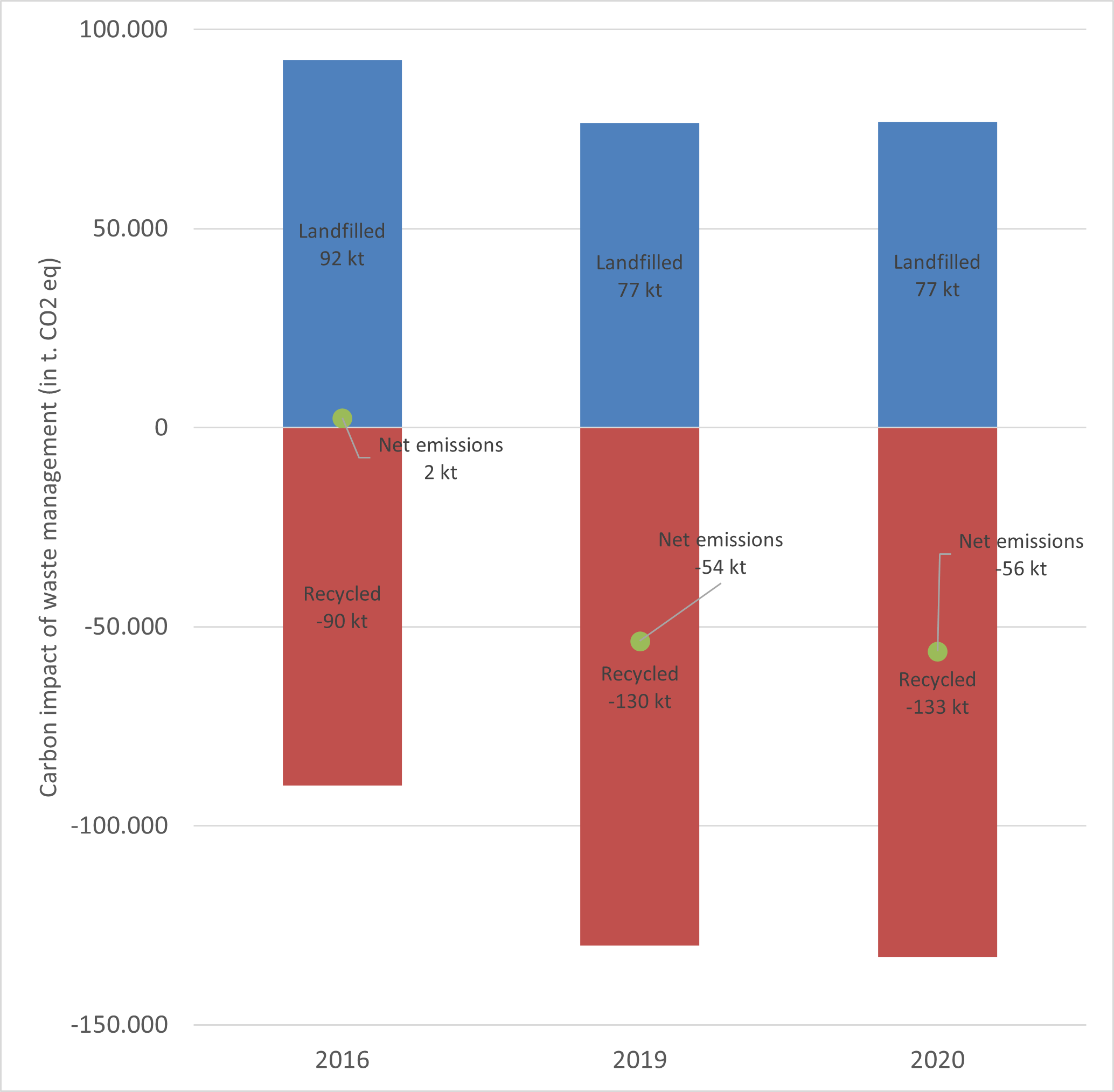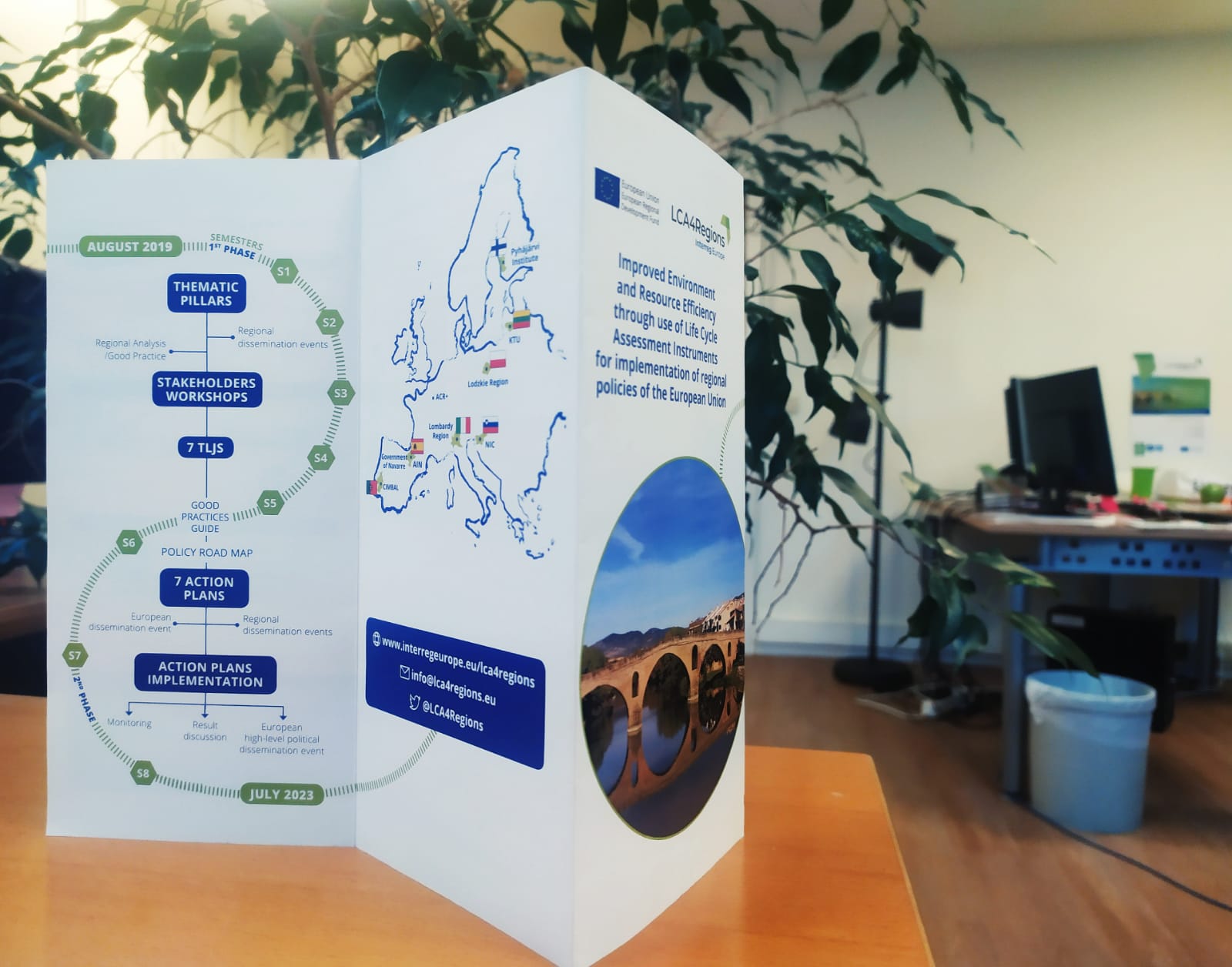The LCA4Regions project has reached the end of its first phase, for this reason, on June 23, the results of the project and Navarra's action plans were presented at the Department of Rural Development and Environment.
What are the action plans in Navarra?
In these years of project, Navarra has taken ideas from the initiatives that are being developed in other European regions and has drawn up two action plans:
1. The Green Public Procurement Plan
After the exchange of experiences on green public procurement that took place in May 2021 organised by National Institute of Chemistry in Slovenia, several Navarran entities got under way to boost and promote environmental aspects in public procurement. The first of these was the Navarra Public Business Corporation (CPEN). After hearing about a Slovenian tender for the purchase of road vehicles in which they included the life cycle cost, committed to including sustainability as a basic element in the decision to award their purchases and launched the first sustainable procedure for the purchase of new vehicles from its fleet.
The Department of the Environment of the Government of Navarra, together with the technical assistance of the public company Environmental Management of Navarra (GAN-NIK) and the support of the Procurement Service of the Government of Navarra, have prepared the initial document of the first Green Public Procurement Plan in Navarra. In the coming months, the procedures for its publication on the Open Government of Navarra Portal will begin.
The fundamental objective of this plan is to reduce the impact derived from public contracting in Navarra, so that the introduction of the environmental variable in the contracts translates into a real reduction in the repercussions on the environment. For this reason, it is intended to support a series of specific actions aimed at promoting the acquisition, by public entities, of goods, works and services with environmental aspects, improving their integration in the contracting processes and facilitating their application and monitoring. Some of the lines of work and planned actions are: training and support for the personnel of contracting entities, market involvement in promoting green public procurement, integration of this type of purchase into existing tools and preparation of support material, or constant communication to make the benefits of this type of contract visible.
2. Calculation of the Navarra carbon footprint of household waste
The second action plan consists of evaluating the carbon footprint of all household waste management in the region. ACR+ partnered with Zero Waste Scotland launched the "More Circularity Less Carbon" campaign in November 2019 with the aim of reducing the carbon footprint of municipal waste among its members by 25% by 2025. Government of Navarra is one of ACR+ members, which is why it joined this campaign and is receiving support to quantify the whole-life carbon impacts of its municipal waste. The main objective results of this study are three:
1. Enable Navarra to establish its carbon reduction target for 2025.
2. Provide a detailed breakdown of waste carbon impacts by materials and management process; and
3. Assess several carbon reduction scenarios that can help Navarra achieve its target.
The first analysis has already been carried out with the data on waste generated in 2019, and the analysis is in process with the data from 2016 and 2020, the year prior to the current Navarra Waste Plan 2017-2027 and the last year with existing data respectively. These three analyses will allow the Waste Section of the Government of Navarra to monitor the evolution of greenhouse gases generated in the management of household waste and establish the appropriate actions for their reduction.
In addition, the 29 June was carried out an event about the new national waste law, and the Navarra project members took advantage of this meeting to present the waste action plan to the 16 local waste entities and explain several studies from the Life Cycle Initiative bases on LCA to act on prevention measures to fight against single-use products.










